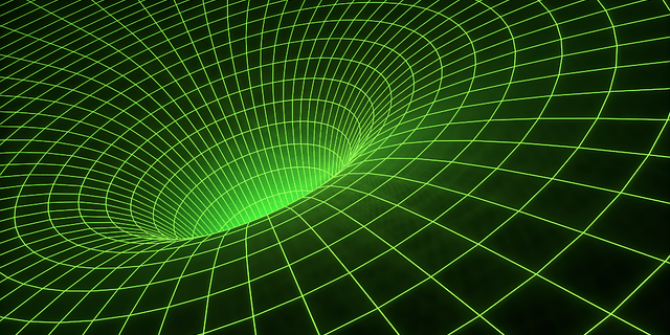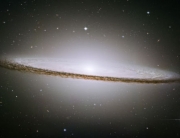The LSE Department of Philosophy, Logic and Scientific Method is a historic and world-class centre for philosophy of science. Having been home to the influential philosophers of science Karl Popper and Imre Lakatos and still bustling with cutting edge research, the LSE is an incredible place to do an MSc in Philosophy of Science.
Philosophy of Science
Science is chock full of miraculous predictions, shocking revolutions and utterly strange results that few science fiction writers could have ever dreamed of. Part of your study of the philosophy of science will be to better understand what makes science so special. Some of the questions may involve very general inquiries into how science works. Others may involve very specific such as how to understand a quantum particle. The range of problems studied in the philosophy of science are both deep and broad.
What it’s like
LSE ranks among the top 10 programmes in the world in multiple areas of philosophy of science.
You’ll get a chance not only to do your coursework with some of the world’s top researchers in philosophy of science, but will be surrounded by the intellectual bustle that is so characteristic of LSE.
The department hosts an incredibly rich series of regular events, where just about every philosopher of science in the field eventually passes through. The British Society for the Philosophy of Science hosts their regular lecture series at LSE. In addition, you will enjoy the historic Sigma Club lecture series on philosophy of physics, as well as the Choice Group and the Managing Severe Uncertainty project.

The coursework is rigorous and flexible. Students are provided with a solid base in the central problems and results of philosophy of science, but still have ample opportunity to choose the area of philosophy of science that suits them best.
Who is suited for this degree
The MSc in Philosophy of Science draws students from around the world. It is an ideal way to prepare for further PhD work in philosophy or a science, and indeed a rare opportunity for students interested in academics to study with such a large number of philosophers of science. Many of our graduates thus go on to further study.
However, the rigorous analytic and scientific skills this programme provides are applicable in a range of high-level occupations, for employment in fields such as science journalism, science administration, policy-making and medicine. Strong applications that show a careful and considered interest in the fields of study for this degree stand the best chance of acceptance.
There is in addition a great deal of optional activity in the philosophy and foundations of physics events like the Sigma Club Lectures, among other things. Thus, candidates with backgrounds in or interests in physics or mathematics are especially encouraged to apply.






Connect with us
Facebook
Twitter
Youtube
Flickr